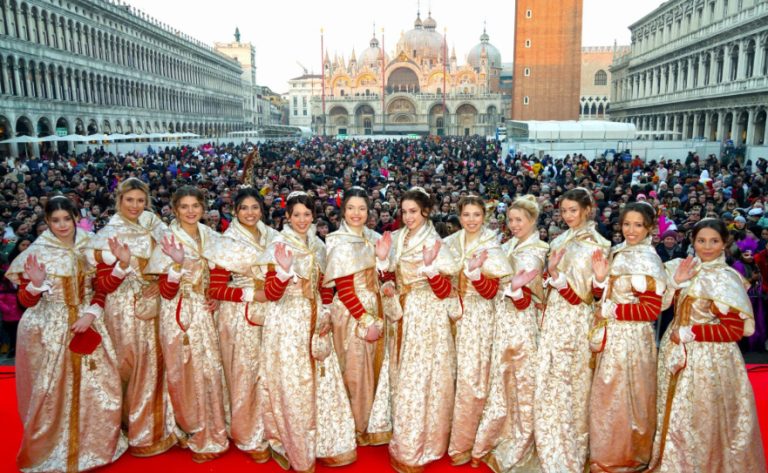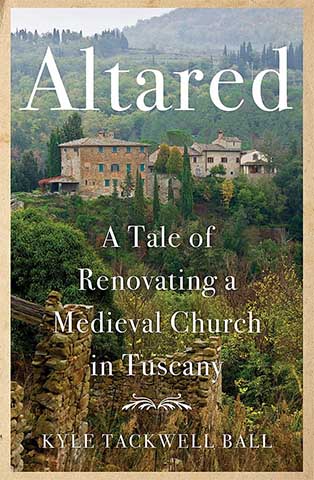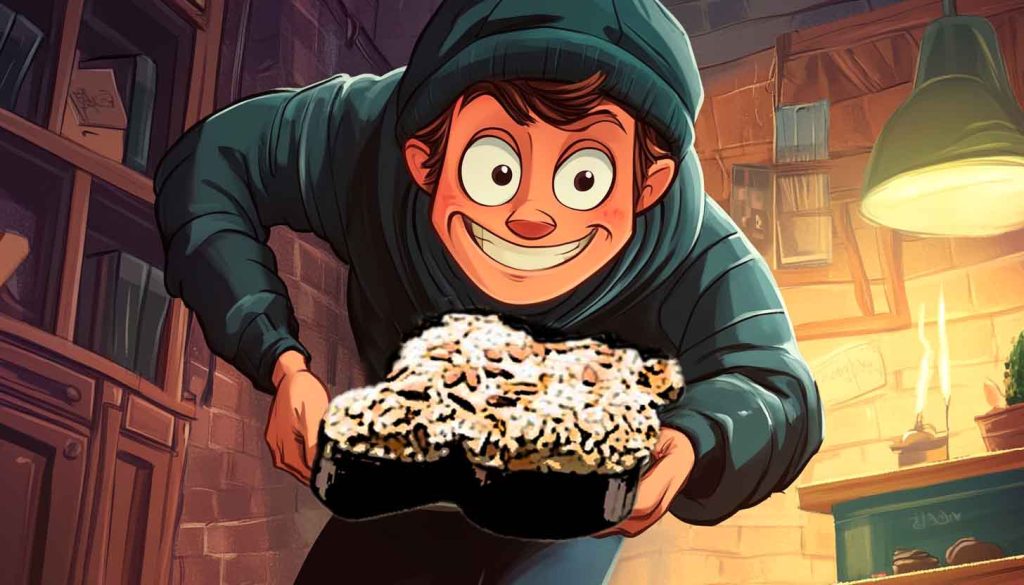
Ladri col cuore? La Pasqua (inaspettata) della colomba restituita a Catania
Thieves with a Heart? The (Unexpected) Easter Tale of the Returned Easter Cakes in Catania
Una colomba di speranza… anche per i ladri
Even Thieves Believe in Easter Miracles
Ah, Italia mia! Quando pensi di averle viste tutte, ecco che spunta un colpo di scena degno di un romanzo di De Giovanni… o forse, più una tragicommedia all’italiana con il cuore inaspettatamente tenero.
Ah, Italy! Just when you think you’ve seen it all, along comes a plot twist worthy of a De Giovanni novel… or perhaps more like a tragicomedy all’italiana with an unexpectedly tender heart.
Nel cuore di Catania, in un quartiere popolare chiamato Picanello, una storia sorprendente ha fatto notizia nei giorni a cavallo della Pasqua. La protagonista? Un’associazione straordinaria chiamata Vita21, che da oltre 13 anni si dedica con amore e dedizione all’inclusione sociale e lavorativa dei ragazzi con la sindrome di Down.
In the heart of Catania, in a working-class neighborhood called Picanello, a surprising story made headlines in the days surrounding Easter. The protagonist? An extraordinary association called Vita21, which for over 13 years has been lovingly devoted to the social and professional inclusion of young adults with Down syndrome.
Ma a pochi giorni da Pasqua, i vetri di Casa21 – la sede dell’associazione – sono andati in frantumi. I ladri, nella notte tra il 14 e il 15 aprile, hanno saccheggiato gli ambienti, portando via elettrodomestici, doni ricevuti, e soprattutto… 100 colombe pasquali!
But just a few days before Easter, the glass windows of Casa21—the association’s headquarters—were shattered. During the night of April 14th to 15th, thieves ransacked the premises, making off with appliances, donated goods, and most notably… 100 Easter doves (colombe)!

Matta Curiosità: Cos’è una “Colomba” di Pasqua?
What Is an Italian “Colomba”?
La colomba pasquale è un dolce tipico italiano, immancabile sulle tavole di primavera. Somiglia al panettone, ma ha la forma di una colomba, simbolo di pace e rinascita. L’impasto è soffice e profumato, arricchito con scorze d’arancia e mandorle croccanti, e viene glassato con zucchero e granella. Come il panettone a Natale, la colomba è il dolce che riunisce famiglie e amici, portando un messaggio di speranza.
The Colomba di Pasqua is a traditional Italian Easter cake that’s a must on springtime tables. Similar to panettone, but shaped like a dove—a symbol of peace and renewal—this cake is soft, fragrant, filled with candied orange peel, and topped with crunchy almonds and a sugary glaze. Like panettone at Christmas, the colomba is the sweet treat that brings families and friends together, sharing a silent message of hope.
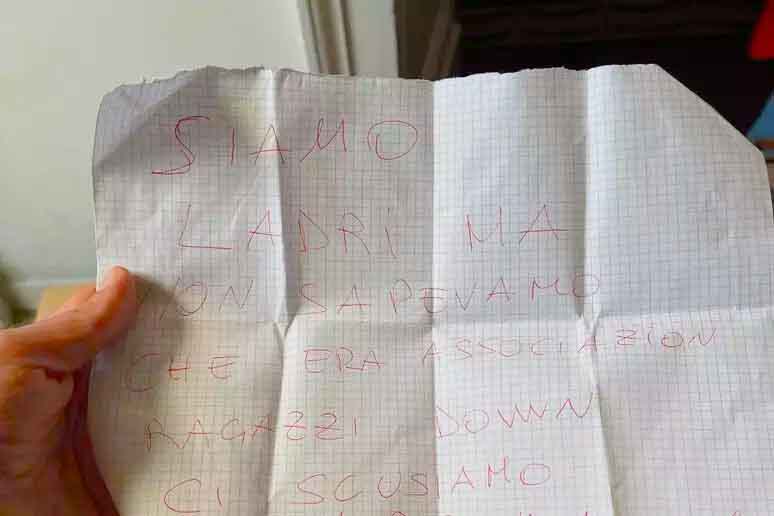
La “colomba del pentimento”
The “Dove of Repentance”
Ecco però il colpo di scena degno di una fiction Rai.
But here comes the plot twist worthy of a Rai TV drama.
Qualche giorno dopo il furto, ai margini di una strada, viene ritrovata una scatola apparentemente abbandonata. All’interno, con sorpresa: 13 delle colombe rubate, restituite assieme a un biglietto firmato da Aresnio Lupin
A few days after the robbery, a seemingly abandoned box was found at the edge of a road. Inside, to everyone’s surprise: 13 of the stolen Easter Dove cakes, returned along with a handwritten note, signed by Aresnio Lupin.
Siamo ladri ma non sapevamo fosse un’associazione di ragazzi Down.
Ci scusiamo. Buona Pasqua.”
We are thieves, but we didn’t know it was an association for young
people with Down syndrome. We apologize. Happy Easter.
Un gesto inaspettato, commovente nella sua assurdità. Una confessione quasi poetica che dimostra – forse – che anche il cuore di un ladro può sciogliersi a Pasqua.”
An unexpected gesture, moving in its absurdity. A nearly poetic confession that shows—perhaps—that even a thief’s heart can soften at Easter.
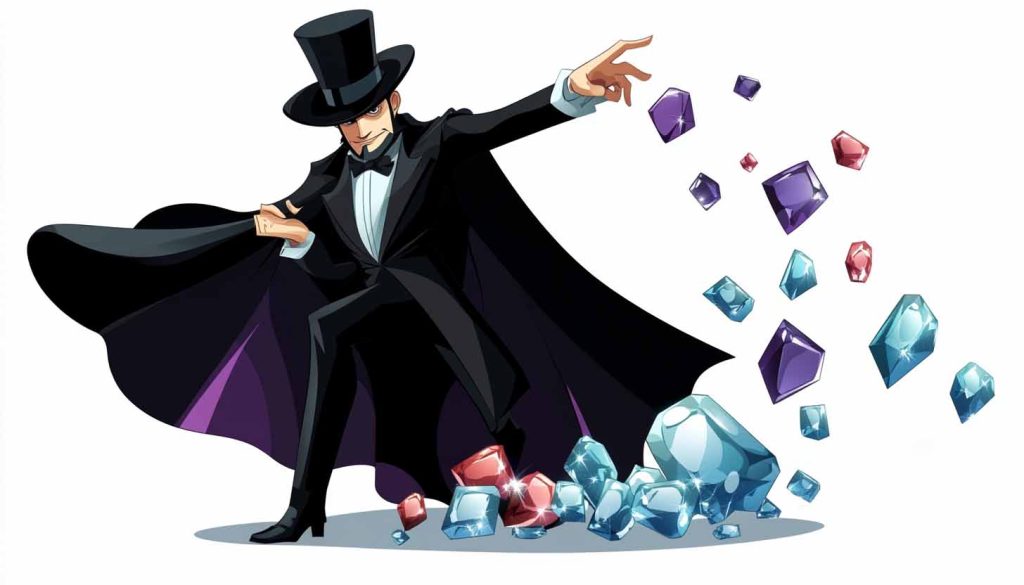
Matta Curiosità: Chi è Aresnio Lupin?
Who is Aresnio Lupin?
Il nome lasciato sul biglietto dai ladri a Catania – Arsenio Lupin – non è una coincidenza. È un omaggio ironico (e teatrale!) ad Arsène Lupin, il leggendario “ladro gentiluomo” creato dallo scrittore francese Maurice Leblanc nel 1905.
The name left on the note by the thieves in Catania—Arsenio Lupin—was no coincidence. It was a cheeky (and theatrical!) nod to Arsène Lupin, the legendary “gentleman thief” created by French writer Maurice Leblanc in 1905.
Lupin è astuto, affascinante e colto – un ladro che ruba con stile e solo ai ricchi, guidato da un personale codice d’onore. È diventato il simbolo del furfante dal cuore tenero e ha persino ispirato la serie di successo su Netflix “Lupin”, con Omar Sy.
Lupin is clever, charming, and cultured—a thief who steals with flair and only from the rich, guided by a personal code of honor. He’s become a symbol of the lovable rogue, and even inspired the hit Netflix series “Lupin” starring Omar Sy.
A quanto pare, anche i ladri di Catania hanno preso spunto da lui… e forse, con una colomba in mano, Lupin avrebbe approvato.
Apparently, the Catania thieves took a page from his book… and with a colomba in hand, Lupin just might have approved.

Work to Walk: una colomba che vola lontano
Work to Walk: A Dove that Flies Far
Quelle colombe rubate e poi in parte restituite non erano solo dolci pasquali: erano il frutto del progetto “Work to Walk”, un’iniziativa che mira a dare autonomia e dignità ai ragazzi di Vita21 attraverso il lavoro. Le colombe, preparate artigianalmente, venivano vendute per finanziare le attività dell’associazione.
Those stolen (and partially returned) doves were not just traditional Easter treats: they were the product of “Work to Walk”, a project aimed at giving the young people of Vita21 both autonomy and dignity through meaningful work. The doves, made by hand, were being sold to fund the association’s many activities.
Come ha dichiarato Giovanni Musumeci, presidente del Vespa Club Etna (che ha prontamente donato altre 100 colombe all’associazione dopo il furto):
As Giovanni Musumeci, president of the Vespa Club Etna (who generously donated an additional 100 doves to the association after the theft), put it:
Questa vicenda ci insegna che anche da un evento negativo può
nascere un momento di riflessione, solidarietà e rinascita.
This story teaches us that even from a negative event,
a moment of reflection, solidarity, and rebirth can emerge.
Il vero spirito della Pasqua.
The true spirit of Easter.
Questa storia – tra furto e restituzione, tra colombe svanite e poi ritrovate – ci ricorda quanto possa essere complessa (e sorprendente!) la natura umana. In un Paese come l’Italia, intriso di antiche tradizioni e profonda fede, ma anche attraversato da mille contraddizioni, perfino nei momenti più bui… perfino i ladri, forse, possono ritrovare un barlume di coscienza a Pasqua.
This story—of theft and restitution, of stolen dove cakes and then returned—reminds us just how complex (and surprising!) human nature can be. In a country like Italy, steeped in ancient traditions and deep faith, yet full of contradictions even in its darkest moments… even thieves, perhaps, can find a flicker of conscience at Easter.
Sources: CataniaToday & Ansa.it
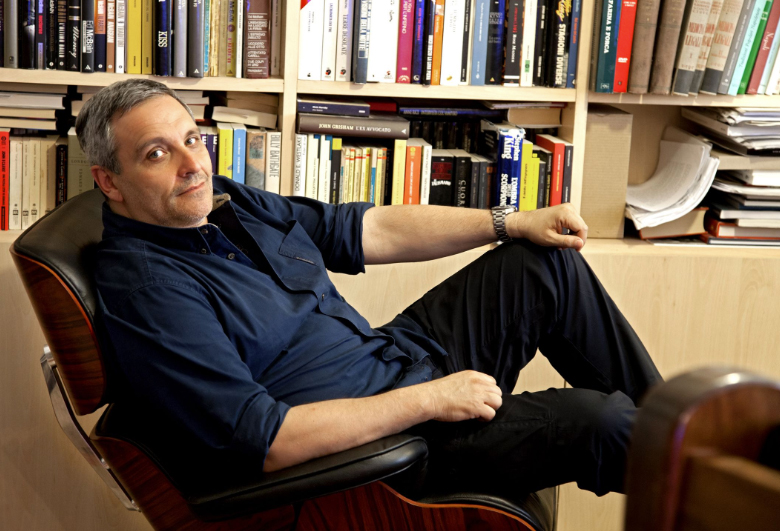
Matta Curiosità: Chi è de Giovanni?
Who is De Giovanni (author mentioned in the intro paragraph?)
Quando parliamo di colpi di scena da romanzo… è impossibile non pensare a Maurizio De Giovanni! Scrittore napoletano tra i più amati, è il creatore del Commissario Ricciardi, investigatore degli anni Trenta capace di vedere i fantasmi delle vittime, e de “I Bastardi di Pizzofalcone”, diventati anche una serie TV di successo.
When we talk about plot twists worthy of a novel… it’s impossible not to think of Maurizio De Giovanni! One of Naples’ most beloved contemporary authors, he’s the creator of Commissario Ricciardi, a 1930s detective who can see the ghosts of murder victims, and of “I Bastardi di Pizzofalcone”, a team of misfit cops that also became a hit TV series.
De Giovanni mescola mistero, emozione e riflessione sociale. Proprio come la storia delle colombe rubate e poi restituite: reale, toccante, con quel tocco umano che spiazza… e fa pensare.
De Giovanni weaves mystery, emotion, and social commentary—just like the story of the stolen (and returned) Easter doves: real, moving, and touched by that human element that surprises… and makes you think.

